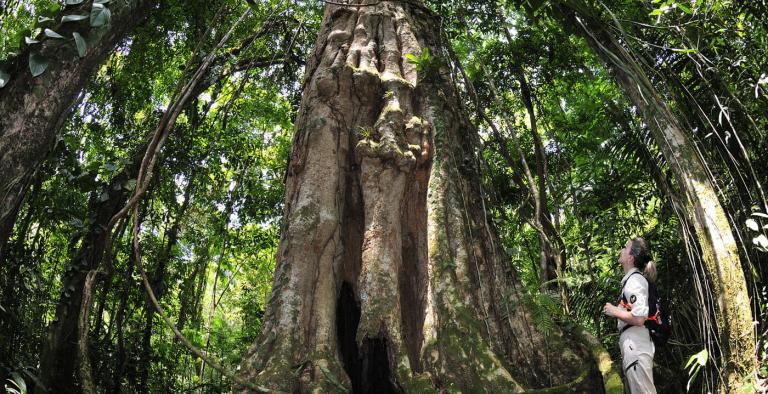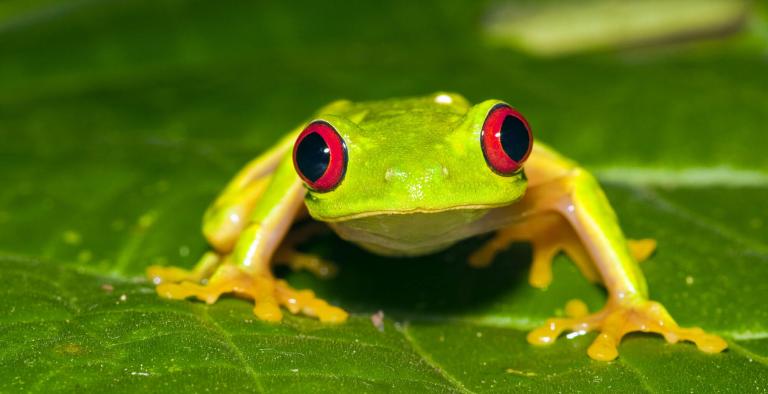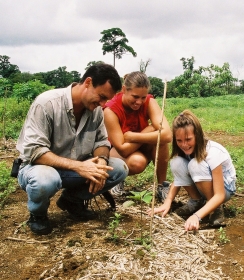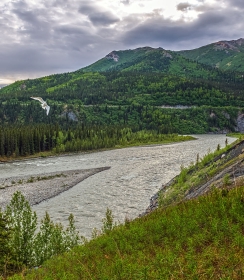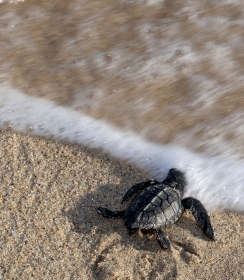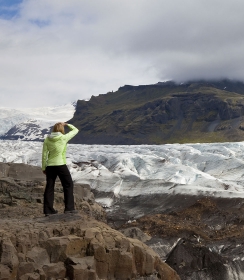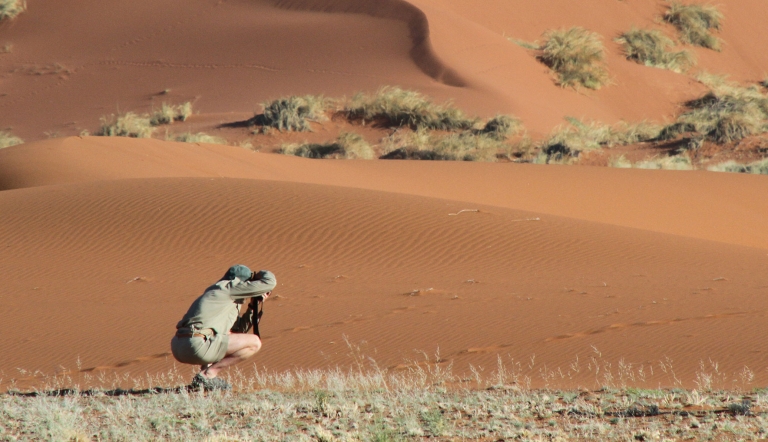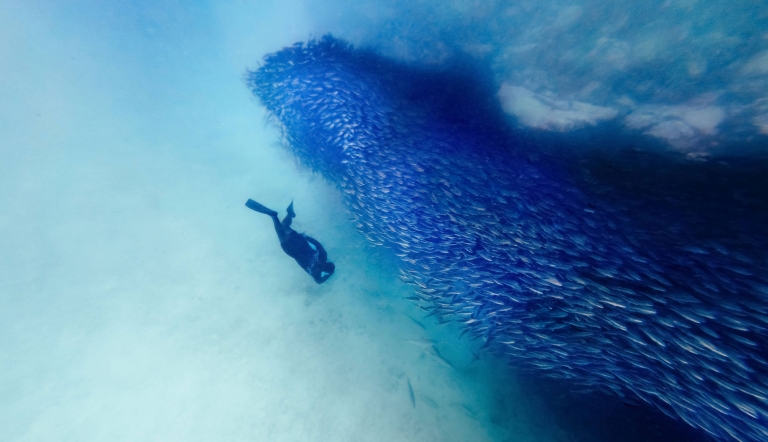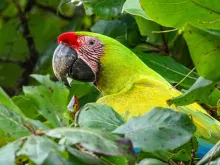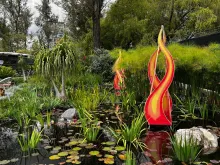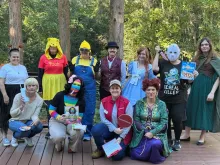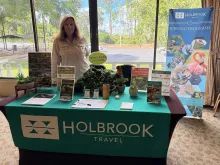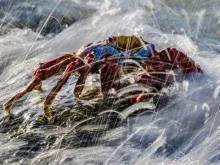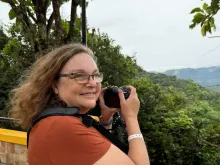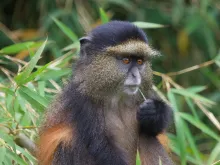
Since our founding, Holbrook has been at the forefront of ecotourism and sustainability. We are dedicated to fostering best practices of ethical travel: conserving the environment and local natural resources, and improving the well-being of local communities in all our destinations.
Our Commitment to Sustainability
Our core values are rooted in responsible travel. We make every effort to work with locally owned lodges, tour providers, organizations, and guides that uphold these standards. We actively seek out information that affects the communities and environments we visit, and we aim to educate travelers about local and global conservation efforts in order to cultivate richer, more meaningful connections for both travelers and locals alike.
Holbrook Sustainability Policy
We know sustainability is as important to our travelers as it is to us.
For many years, we have participated in sustainable global travel by collaborating with and supporting local conservation projects, non-governmental organizations, and community-based programs that advance conservation and sustainable development.
Whether visiting a city, a rural village, ancient ruins, or a rainforest, it is possible to do so responsibly by designing travel programs that are mindful of the potential social and environmental impacts.Our programs follow the principles defined by the Global Sustainable Tourism Council (GSTC). In partnership with our suppliers and field partners, we are committed to:
Planting trees is a fantastic way to remove excess CO2 from the atmosphere while improving the watershed, enhancing wildlife habitat, and increasing forest-based revenue from nuts, fruits, and tourism activities. Holbrook supports an initiative in the Alajuela region of Costa Rica, where a local NGO has planted 11,000 native species on once barren plains near Chambacu. The project also provides a habitat for meliponas, a native bee species, from which organic honey is sold to a local market.
The portfolio of investments that generate ClimateSafe reductions also supports low-energy sustainable building practices, including LEED buildings, Net Zero Energy Home development (NZEH), and off-grid homes. These green building projects are located in Boston, Massachusetts and Florida.
Water flowing in rivers, lakes, and the ocean can be used to generate emissions-free electricity, reducing the use of carbon based fuels such as coal and natural gas. Some of the greenhouse reductions used to neutralize travel activities come from Canada, and are generated by Summit Power on the Soo River Micro Hydro facility near Whistler, British Columbia.
Landfills produce large amounts of methane, a powerful greenhouse gas. By covering the landfill, the gas can be trapped, cleaned up, and burned, which destroys the methane and thus reduces the impact on the climate. ClimateSafe has contracted with the New River Solid Waste Association in north Florida for this portion of the offset portfolio.
Energy efficiency is often the most cost effective way to achieve greenhouse gas reductions. Part of the reductions used for ClimateSafe come from replacing traditional light bulbs with Compact Fluorescent Lights (CFL’s) in low income neighborhoods in north Florida, where Holbrook Travel is located.
Our Commitment to Tourism Declares a Climate Emergency
As a signatory, we commit to:

Sustainability at Selva Verde Lodge
From the outset, Selva Verde was considered a pioneer in the world of ecolodges and sustainable tourism in Costa Rica. Today, Selva Verde continues that tradition through many efforts to ensure a sustainable future not only for the lodge and reserve, but also for the people and wildlife that call the Sarapiquí region home.
When Giovanna Holbrook first purchased the property that would later become Selva Verde, the Sarapiquí region was largely covered in rainforest. To this day, Selva Verde remains a true rainforest refuge – one piece in the patchwork of rainforest habitat found in the region today.
In an effort to minimize our impact on the environment, Selva Verde is proud to carry and support Costa Rica's Certification for Sustainable Tourism (CST).
Founded in the 1990's by Giovanna Holbrook and Bertha Carter, the Sarapiqui Conservation Learning Center (SCLC) was established to promote conservation education in the communities surrounding Selva Verde. Today the SCLC is a fully independent nonprofit working to achieve a sustainable future for the people and wildlife of the region.
